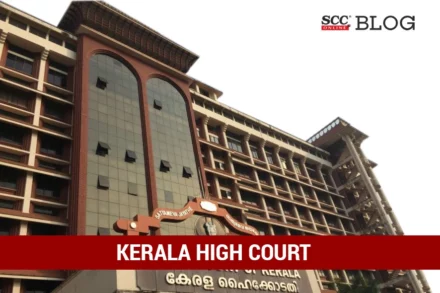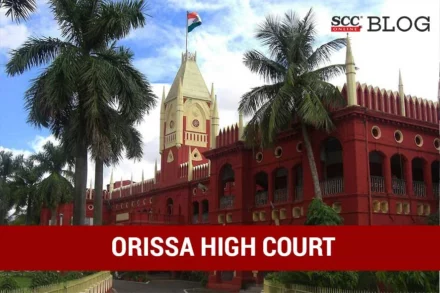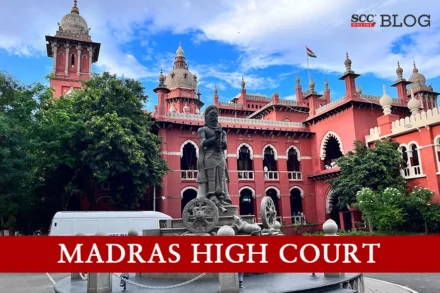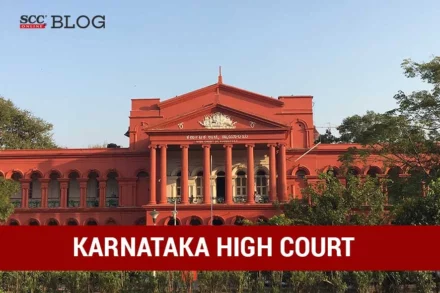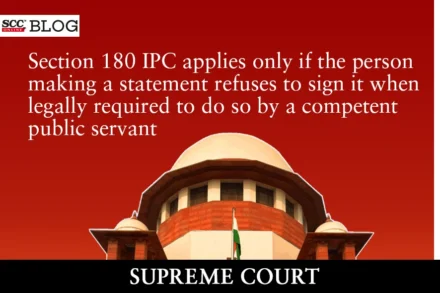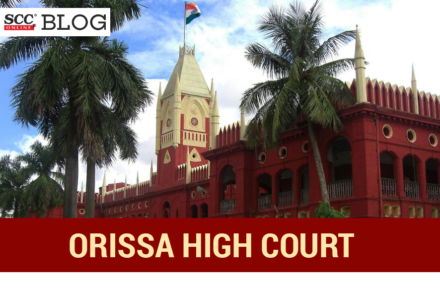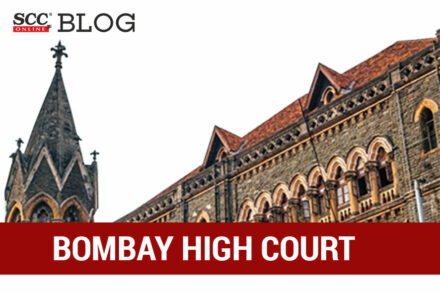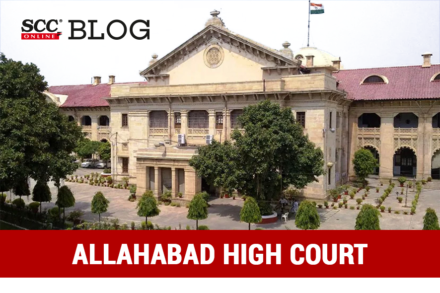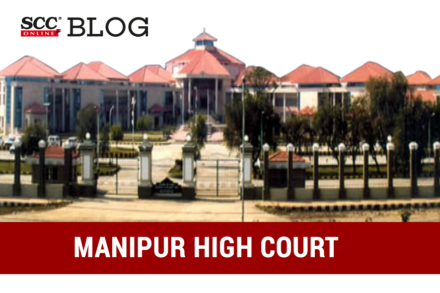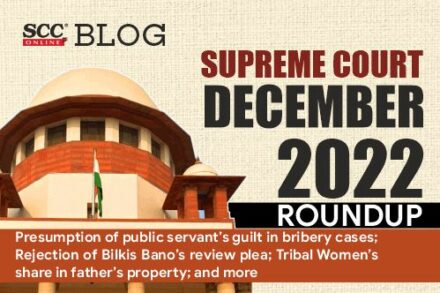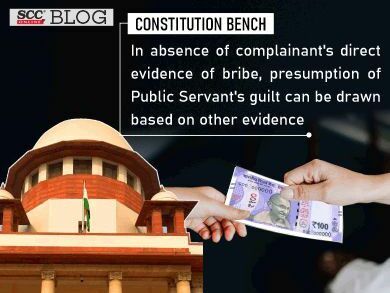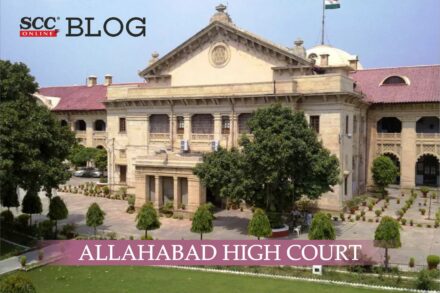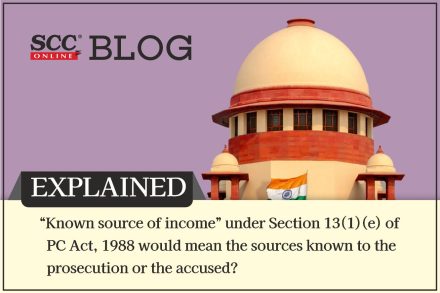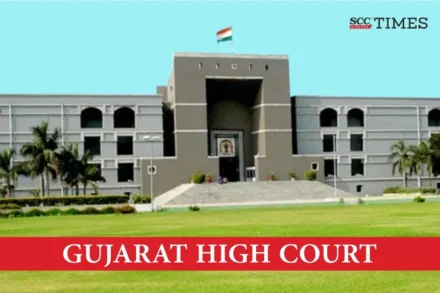
Prior sanction for prosecuting a public servant can be taken even at the time of conclusion of trial; Gujarat HC rejects bail of retired IAS officer
“In the recent times, there was an increase in socio economic offences in the country. These are the offences which are solely committed for personal gains. These crimes are affecting every part of the country’s economic structure and wrecking the people’s faith in the system.”




